Right now, the best part of your job is the compensation and benefits. Even though it’s a daily struggle to get out of bed and make it to work, you find yourself thinking, “I make too much money to quit my job! I get good healthcare coverage, and a 401(k) match. Plus, I finally have enough money to put my bills on autopay, splurge on the good moisturizer, and get the fancy dessert at date night.” But that’s where the good part ends.
Apart from being a high-paying job, your current job just isn’t right for you in the long run. You’re always stressed, riddled with anxiety, and basically at your breaking point.
And you know that this isn’t what you want to do forever. You’re starting to realize that your whole career path feels wrong — but you don’t want to sacrifice your financial situation or go back to feast-or-famine spending habits by earning less in a new career.
So, are you trapped? Can you make the same salary in a new job? Do you have to choose between money and happiness?
Good news: you’re actually in full control of what happens next, including your pay. It’s all about making intentional choices! Here’s what I mean.
It’s ok to enjoy spending money on fun things — and a career change doesn’t have to get in the way of that
After working your way up the ladder, it feels incredible to start spending money on what you want — without wondering whether it’s a good deal or if you can afford it. You finally have something left after paying bills! Thanks to your current job, you can build up your savings, retirement, and emergency fund.
Most people don’t want to make less, so it’s normal to be scared of earning less at a new career. But there’s good news: changing careers doesn’t have to mean making less!
You can change careers while prioritizing your finances! Here’s how
When choosing a new career, your priorities drive the decision.
Once you dedicate time to exploring what’s most important to you, you’ll come up with a unique set of your personal priorities. Those priorities, along with plenty of other introspection techniques, will help you uncover exactly what your ideal career looks like.
When you choose a career based on your priorities instead of what you think “should be important,” you can rule out any careers that don’t meet your goals — including financial goals.
In other words, if money is a top priority for you right now, your ideal career only includes options where you can make the same amount as your current job, a bit more, or even a lot more money!
Example 1: Your top 3 priorities are mental health, travel, and saving for the future
If your priorities look like this, your stressful, high-paying job is aligned with your financial priorities. That’s great! But it’s also jeopardizing your #1 priority: your mental well-being.
So a career change could be the right move for you — as long as it doesn’t drain your bank account in the process.
Either way, it’s clear that a significant change in cash flow won’t be your ideal solution. So even though you’re in a tough spot mentally, I wouldn’t suggest quitting without another job lined up.
But don’t worry, because you can still create a transition plan that’s ideal for your priorities.

While we often think of changing careers as starting over in entry-level positions, it doesn’t have to be like that! By choosing an industry that incorporates your existing talents and interests, you can turn this situation into a win-win.
You can transition to a more fulfilling career and happier life while making the same salary — or more!
But how do you make this happen? The answer is simpler than you think: consider your priorities at every step of your career discovery process.
In this case, careers without the compensation you want aren’t right for you! You can cross them off your list and move on.
Example 2: Your top 3 priorities are family, friends, and work-life balance
If your top priorities look like this, maybe money isn’t the most important aspect of a career to you.
Sure, you still need to pay for the basics — but if you can do that comfortably, spend more time with your family (whether you have kids or not), nurture your most important friendships, and take better care of yourself, you’ve achieved your definition of success.
In other words, you’d be ok with taking a break from the daily grind to reset your life before pursuing your next career, or making a little less money in a new role to create the balanced life you want.
Remember: your definition of success is yours alone! Outside of you and your family, no one else’s opinion matters here.
I make too much money to quit my job: FAQs
How much money do you really need to quit your job?
I know you’d love to see a figure here, but the truth is, this is completely personal. Here are a few theoretical scenarios:
Let’s say you make $120,000, but only need about $80,000 to maintain your financial goals. If you wanted to take a year off and have no other sources of income to rely on, here’s the minimum you’d need:
$80,000 available to spend, along with a concrete plan to land an +$80,000/year job within 12 months. The plan is critical here: hope doesn’t pay your mortgage!
Or, maybe you’ve decided that you won’t quit your job until you’ve identified your ideal career and lined up an ideal job paying no less than what you make now.
In that case, you may not need any money set aside to quit your job! Instead, you’ve planned to secure work that meets your financial goals before quitting.
Whatever your goals, the amount of money you need in order to quit your job comes down to your priorities and your plan for what’s next.
What to do when you hate your job but make a lot of money?
Hating your job can affect so many aspects of your life! You’re not just miserable at work; your mornings, evenings, and weekends all suffer.
In this scenario, it’s important to figure out exactly why you hate your job. Is it a toxic boss, a tough client, or a new situation that just arose recently? You might be able to troubleshoot without quitting — you could report your boss, switch departments, or go to your manager for help. Any of these things could help improve your happiness and retain that paycheck.
Or, you could try changing jobs without changing industries. Sometimes, a change in employer is all we need to solve the issues that cause us the most stress. This solution might even come with a pay bump!
But if you hate the work you do, have no interest in it, and are stressed about the idea of staying in this industry for the rest of your life, you might be happier with a career change.
Afraid of earning less in a new industry? Just remember that your choice of careers is up to you! If you don’t want to earn less, you can rule out any careers that don’t meet your financial needs.
Not sure whether you need a new job or a whole new career? The free Career Fit Checklist can help!
Is higher pay a good reason for leaving a job?
If you can’t afford your basic needs, don’t have the lifestyle you want, or have aggressive financial goals that your salary doesn’t support, higher pay is a great reason to leave your job. That’s assuming you’ve already exhausted the opportunity to negotiate a raise, and/or you also hate your job and want out of there!
The more nuanced answer really depends on your current situation, how much you like or dislike your job, and your priorities: what you want in life.
If you like your job but just want to buy great clothes and live it up with your friends, there’s more at stake here. Is it worth it to you to leave a great job for a higher-paying but potentially worse job — one that could increase your stress?
In that case, maybe a side hustle could help bring in the pay you want and build the life you want without giving up a job you actually enjoy.
To tell the difference between a good reason and a bad reason, just notice what’s important to you in life!
And if it’s hard to tell, you might be in a “feeling lost” career phase — there’s nothing wrong with that, but you owe it to yourself to get clarity and find happiness.
Don’t let fear get in the way of getting what you want in this world. I know, it’s easier said than done… but if you commit to change and build a plan with the right support, you can do it.
Career transition coaching could be the support you need! It’s one of the fastest ways to identify your ideal career.
Ready?
Book a free intro call to start planning a future you actually want.




